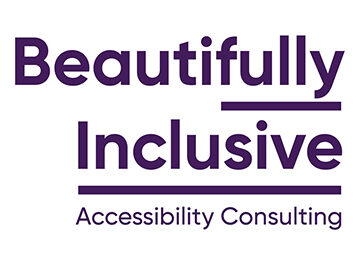Those of us with TS know that often the medical community knows extraordinarily little about Tourette Syndrome unless it is their specialty. Misinformation floats around the medical community, which is brutal because everyone believes doctors/therapists/healers, right?
So, let’s say you are given bad information – if you are really lucky you know it is bad information because you have educated yourself on your condition, which is not always the case, or you believed misinformation given to you by someone you trust.
Today I want to talk about what to do when you ARE aware you were given bad information by a doctor or medical professional about TS or a comorbidity of TS.
I was in a situation last week where I was discussing my TS with a therapist, and I was speaking about how when I am feeling a lot of emotions my tics ramp up. I spoke about how it does not matter if the energy is positive or negative, my brain starts to misfire. (Put an insanely yummy burger in front of me and watch me go off, ever damn time!). I am currently experiencing a lot of emotions both positive and negative and as such my tics have increased dramatically.
I was wanting to talk about ways to calm my energy and as a byproduct hopefully lessen my tics a bit. Unfortunately, this therapist misspoke and clearly did not understand how TS works.
How did I handle it?
- I took a deep breath to calm myself. I respect her very much and I know that she is a highly intelligent therapist and human who has helped me through some truly brutal times. I reminded myself that very few people have correct, up to date information on TS. I stepped back from my emotional stinging reaction.
- I let her know calmly that she had said something that was incorrect. (I did it calmly, and without making her bad or spoken down to, no one learns in that state).
- I used my advocate voice – factual, firm, knowledgeable, but also gentle and open for questions. I told her where she misspoke and why, and what the correct information is.
- I accepted her slightly embarrassed apology and correction.
- I let it go, and we moved forward ?
I know that it is often easier not to correct someone (gently but firmly) in the moment, it has taken me many years to get comfortable enough to find that balance, but this is how we correct all the misinformation out there about Tourette Syndrome.
So, if you are in this situation with a medical professional PLEASE take a deep breath, calm yourself… and then gently but firmly educate the person you are speaking with.
Advocacy is a tool we all have in our pocket, don’t forget to use it ?
